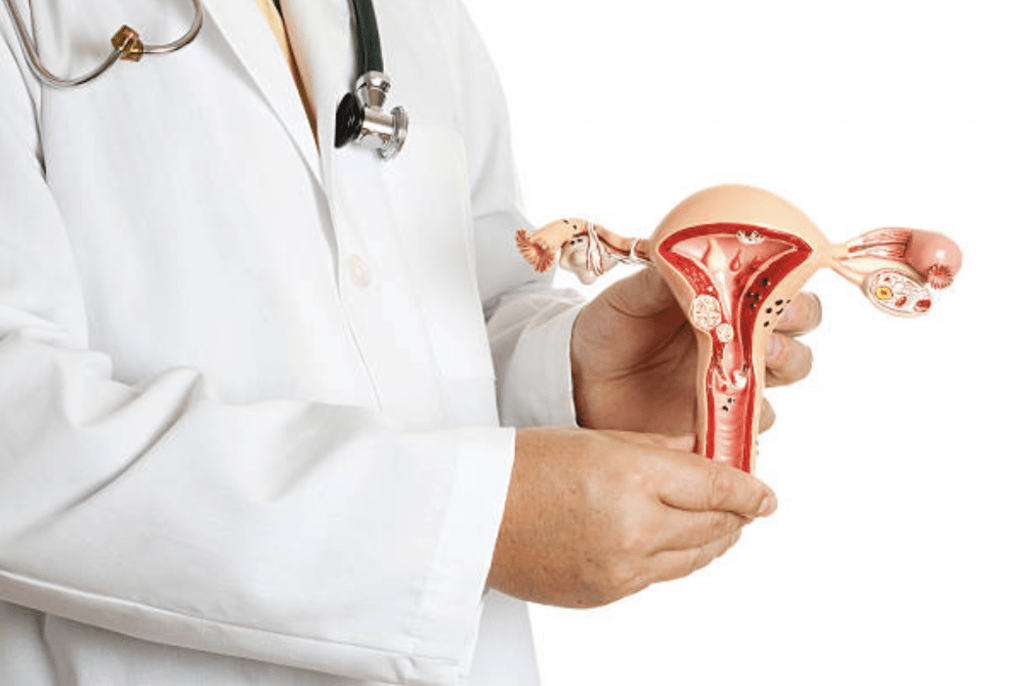Reproductive Surgery
Reproductive surgery is an important option and complement to assisted reproductive technologies (ART) for many couples. Some pelvic pathologies not only lead to infertility but also can compromise IVF treatment results. Surgical approaches not only improve natural fertility but optimise IVF results by correcting such pathologies and in addition improving other related symptoms such as pain and abnormal menstruation.

Despite improvements in the success of In Vitro Fertilisation (IVF), reproductive surgery will remain an important option and complement to assisted reproductive technologies (ART) for many couples. Reproductive surgery should be considered as the first-line treatment when the correction of infertility pathologies is simple and a good result is expected once corrected, when the pathology is causing symptoms such as pain or abnormal bleeding or if uncorrected will compromise the results or increase the risks of ART. The success of surgical infertility treatment depends on the careful selection of cases using appropriate investigative techniques, with procedures performed in centres with sufficient expertise. For both specialised reproductive and general gynaecological surgery it is crucial to follow microsurgical principles to avoid adhesion formation and conserve normal tissues, especially tubal and ovarian.
Whilst ART results are improving, operative endoscopy has also made advances. The advances in instrumentation and the feasibility of laparoscopic suturing has allowed reconstructive procedures to be accomplished using a minimally invasive endoscopic (keyhole) approach on a day surgery basis with lower costs, shorter hospital stays, and faster recovery times.
Surgical infertility treatment offers other advantages over ART. Unlike ART, which bypasses pelvic pathologies, surgical approaches improve fertility by correcting them and potentially improving other related symptoms such as pain and
abnormal menstruation. After surgery, these couples can have unlimited attempts to conceive naturally without being subjected to the risks of multiple pregnancies and ovarian hyperstimulation, stress and the costs associated with ART cycles. The fact that more than 75% of couples who commence ART but have not conceived by the end of third cycle drop out for nonclinical reasons independent of costs illustrates the difficulty that ART procedures present. ART cycles are expensive and demanding, the multiple cycles needed to attain reasonable cumulative pregnancy rates for some with low expected IVF success rates may not be achievable (financially, emotionally and physically). The age of the patient has a major effect on the cost-effectiveness of IVF treatment. Women who are older than 38 years have cost per delivery by IVF of nearly three-times that of younger women. Older patients (especially over 40 years of age) also have additional deleterious effects of in-vitro culture compared to the tubal environment, such as zona pellucida hardening. In these women, some surgical treatments such as sterilisation reversal can achieve pregnancy rates of 42-64% with a median interval to conception of 5 months whereas IVF success rates tend to be poor when multiple attempts needed are difficult to be achieved.
ART outcomes can be adversely affected by some surgically correctable pathologies, such as uterine and endometrial lesions, hydrosalpinx and endometrioma. Fertility related surgeries are listed in Table 1.
Table 1
Commonly performed fertility related surgeries in both male and females (Abbreviation: PESA – percutaneous epididymal sperm aspiration, MESA – microsurgical epididymal sperm aspiration, TESA – testicular sperm aspiration, TESE – testicular sperm extraction).
Many gynaecological operations are performed for women of reproductive age for indications unrelated to fertility. Some of these procedures have consequences that may compromise the patient’s future fertility through tubal damage or adhesions or by affecting ovarian reserve. Every effort should be made to avoid these complications.
Microsurgery is a surgical philosophy, a delicate surgical approach designed to minimise peritoneal trauma and tissue disruption while increasing the accuracy of the procedure and improving the outcome. These principles include:
- The use of techniques designed to minimise tissue injury, include delicate handling of tissues and frequent intraoperative irrigation to prevent desiccation.
- Judicious dissection to minimise adjacent tissue damage and the appropriate use of sutures and energies to achieve meticulous haemostasis.
- Avoiding the introduction of foreign bodies into the peritoneal cavity including the use of fine, inert, or absorbable sutures, the use of powder-free gloves, peritoneal lavage and copious irrigation.
- The use of magnification that permits accurate identification of abnormal morphology for complete removal, recognition and avoidance of surgical injury, an application of the preceding principles with the use of fine microsurgical instruments and suture materials for precise alignment and approximation of tissue planes.
Endoscopic surgery has many inherent microsurgical advantages. Endoscopy provides some degree of magnification at all times and operating within a closed peritoneal cavity largely prevents desiccation of the peritoneal surfaces. It minimises the need for tissue handling, eliminates the use of packs and prevents the introduction of foreign materials such as lint and talcum powder. Intraoperative irrigation can be easily performed to keep tissues moist and expose any bleeding vessels. Furthermore, the pressure effect of the pneumoperitoneum diminishes venous oozing and permits spontaneous coagulation of minor vessels. In addition it allows visualisation of the operative field at angles that are not possible with open microsurgery. Both animal and human studies have shown that laparoscopic adhesiolysis is more effective in reducing adhesions, with less de novo adhesions formed after laparoscopic surgery as compared with laparotomy.
Have a Question or Enquiry?
If you have a question on enquiry related to fertility medicine or a related treatment, please get in touch and one of our friendly team will get back to you.
